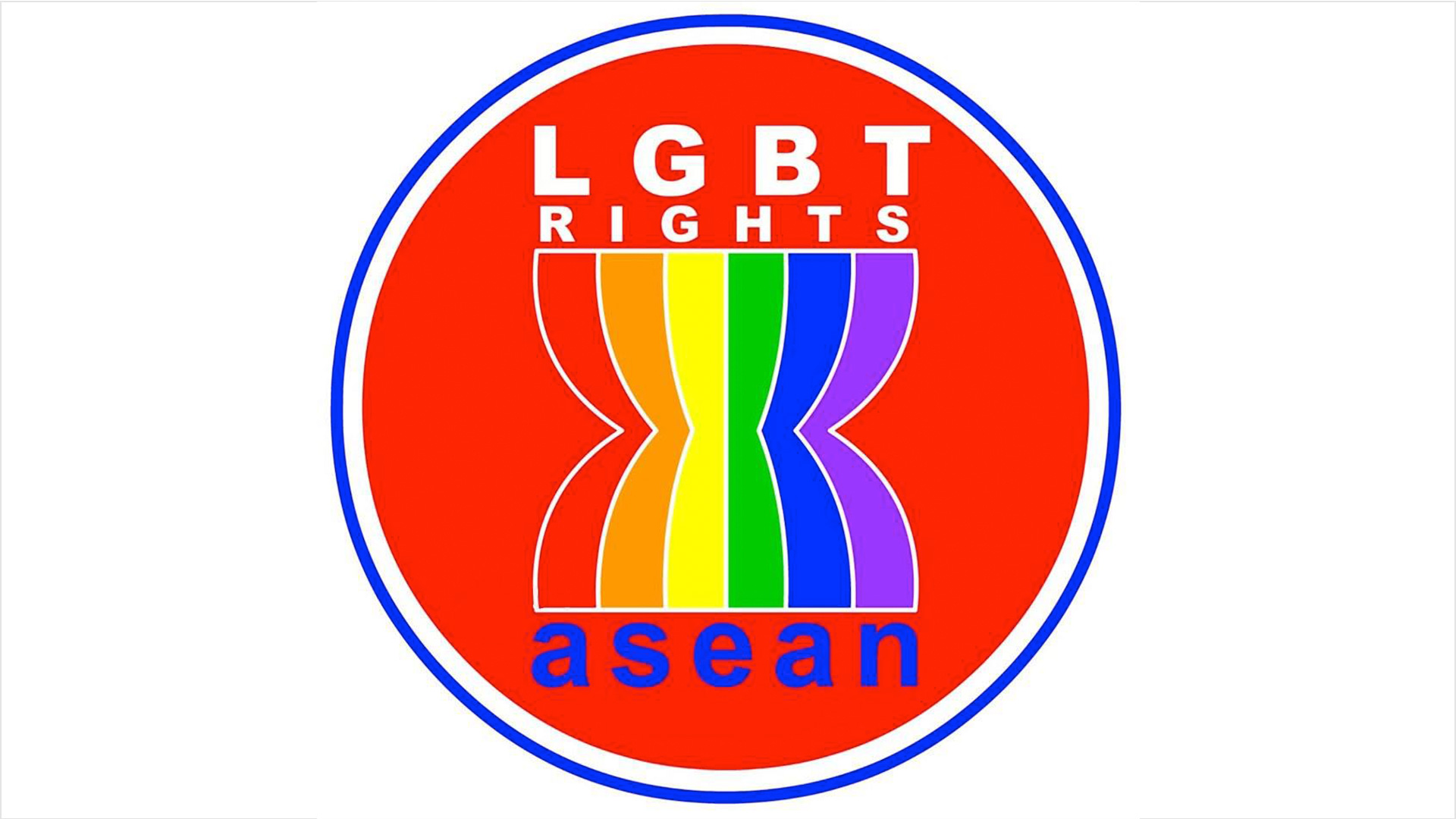
Kathmandu (Pahichan) April 29 – Amidst the euphoria of the 30th Association of Southeast Asian Nations (ASEAN) Summit in Manila, ASEAN SOGIE Caucus reiterates its call to various governments to uphold their human rights obligations to promote and protect the rights of lesbian, gay, bisexual, transgender, intersex, and queer (LGBTIQ) people.
Even as ASEAN turns 50, the lives of people of diverse sexual orientation, gender identity, and gender expression (SOGIE) in Southeast Asia continue to be put at risk. These risks include the perpetuation of culturally-sanctioned stigma, discriminatory laws and policies, and acts of violence in all levels of social, political, and cultural life. And in many cases, the lives of LGBTIQ people have been cut short by hate-motivated murders that are either ignored or misreported as regular crimes.
Cases of threats against LGBTIQ human rights defenders (HRDs) have recently been recorded. In 2016, a pro-LGBTIQ rally in Yogyakarta was repressed by local police, resulting in 15 HRDs wounded. This was contrary to the police’s treatment of an anti-LGBTIQ rally that happened at the same time. And in 2017, a public event organized by the local waria/bissu community in South Sulawesi was cancelled by police in reaction to a report made by an Islamic group. In Thailand, Buku Books, an LBT organization working in deep south of Thailand’s, received hate speech and threats of violence for “teaching their children to become lesbian”.
Consensual same-sex relations remain to be criminalized in several countries, including Brunei Darussalam, Myanmar and Singapore. In Indonesia, there is a move to revise the Penal Code of Indonesia to criminalize LGBTIQ people on the pretenses of protecting the moral fabric of Indonesian society. A group called Aliansi Cinta Keluarga also submitted a petition to revise Article 292 of the Penal Code by removing the age barrier for same-sex sexual conduct, which will effectively criminalize any form of consensual same-sex relations between adults.
Transgender people continue to be criminalized in Brunei, Indonesia and Malaysia. The Shariah Law of Negeri Sembilan, Malaysia criminalizes “any male person who, in any public place wears a woman attire and poses as a woman”. Across Malaysia, a local organization recorded that 63 transgender persons were arrested between January to May 2016.
As a regional body, ASEAN has made very little progress in addressing the rights of LGBTIQ people.The ASEAN Commission on Women and Children (ACWC) Plan of Action on Violence Against Children which lists “children from the lesbian, gay, transgender or transsexual community” as among children vulnerable to violence, but this remains very limited because there have been no concrete measures to done to protect children from violence.
Meanwhile, the ASEAN Intergovernmental Commission on Human Rights (AICHR) has made no steps to address the rights of LGBTIQ persons in its work plan. We note how AICHR continues to view SOGIE as a sensitive matter, which is the same reason behind the rejection of references to SOGIE in the ASEAN Human Rights Declaration (AHRD).
ASEAN’s refusal to recognize the rights of LGBTIQ people is especially clear in how member-states voted on UN SOGIE resolutions. In June 2016, the UN Human Rights Council Resolution to establish the mandate of the Independent Expert on SOGIE (IESOGIE), only Thailand and Vietnam voted in favor. And in December 2016, the UN General Assembly resolution deferring the mandate of the IESOGIE, Brunei Darussalam, Indonesia, Malaysia and Singapore voted to oppose the mandate. Lao PDR, Myanmar and the Philippines abstained on the resolution. Only Cambodia, Thailand, and Vietnam stood their ground to defend the IESOGIE mandate.
Considering the continuing problems faced by LGBTIQ people and HRDs in Southeast Asia, ASEAN SOGIE Caucus calls for the following:
Copy : https://aseansogiecaucus.org
Copyright © All right reserved to pahichan.com Site By: Sobij.